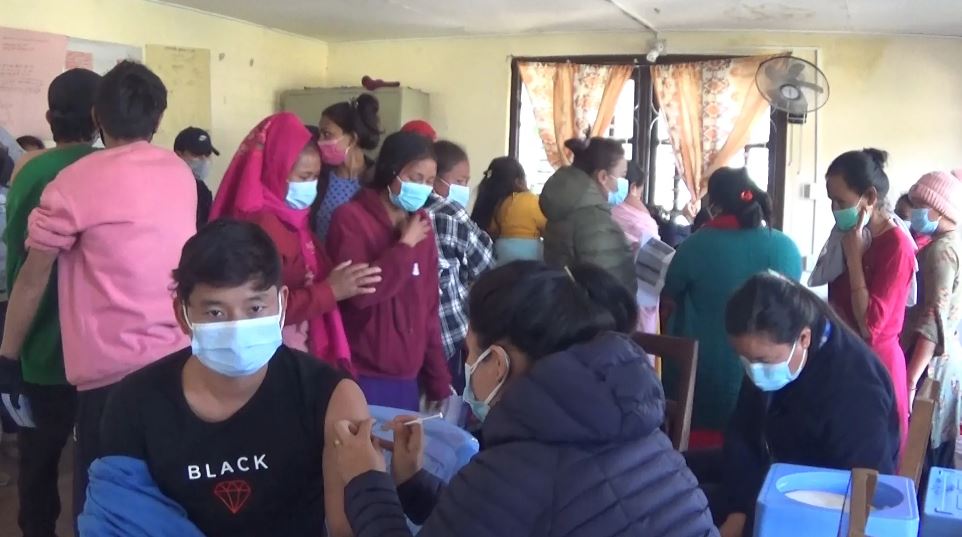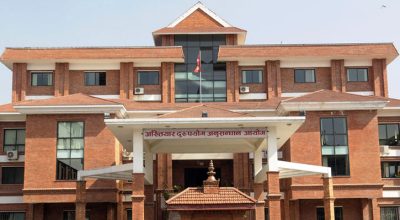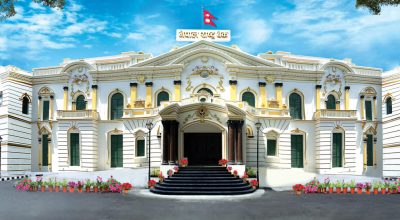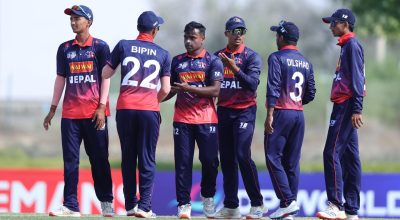
Kathmandu, Nov 27: The Global Alliance for Vaccines and Immunizations (GAVI) has decided to provide ‘HPV’ vaccine against cervical cancer to the government of Nepal.
The Ministry of Health and Population had sent a proposal requesting GAVI to provide vaccine to Nepal. Dr. Bibek Kumar Lal, director of the Family Welfare Division of the Department of Health Services, said that GAVI has accepted the proposal and promised to provide HPV vaccine soon.
The Department has a plan to vaccinate girls in the age group of 10 to 14 years against cervical cancer. “We have received information that the board meeting of GAVI has decided to provide vaccines.”
The government had submitted a proposal to GAVI asking for 1.7 million doses of HPV vaccine. Earlier, the Ministry of Health and Population had administered the HPV vaccine against cervical cancer to around 10,000 girls in the last week of August.
Dr. Abhiyan Gautam, head of the division’s Child Health and Vaccination Branch, informed that since the HPV vaccine protects against cervical cancer.
According to him, the vaccine will be administered to girls aged 10 to 14 years. There are 1,650,000 teenage girls of this age group. Cervical cancer is the most common cancer among women in Nepal. In the world, women are the most affected by breast cancer. Among the statistics of 2022, 2,244 women were diagnosed with cervical cancer.
He said that the HPV vaccine provides 95 percent protection against cervical cancer. Earlier, the government had conducted a vaccine against cervical cancer in Chitwan and Kaski district in 2016/017 as a trial. He said that in the vaccination campaign conducted in last August, the girls were enthusiastic about getting vaccinated.
Cancer specialist Dr. Arun Shahi said that a large number of women in Nepal get cervical cancer. According to him, there is a risk of cervical cancer in women who have unprotected sex, get married at a young age, and smoke a lot. According to the statistics of the World Health Organization (WHO), six women die of cervical cancer every day in Nepal.











